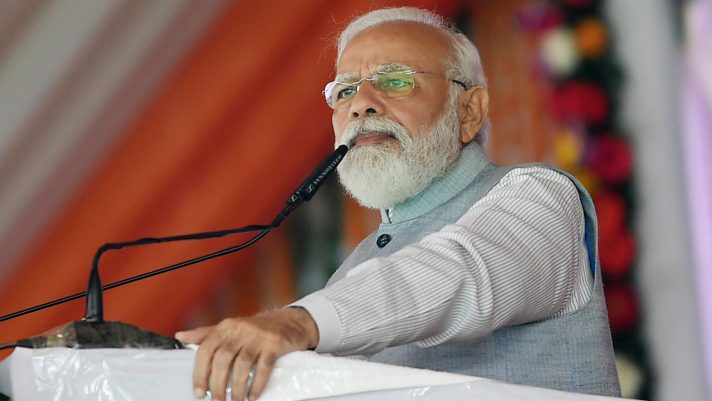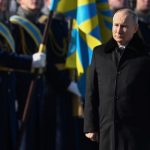Indian Prime Minister Narendra Modi added his voice Friday to calls for reform of global lenders such as the World Bank, as G20 finance ministers and central bank heads met.
The talks in Bengaluru focused on the continuing damaging effects of the Covid pandemic and the Ukraine war, as well as debt relief for poorer nations reeling from high food and fuel prices.
The talks in Bengaluru focused on the continuing damaging effects of the Covid pandemic and the Ukraine war, as well as debt relief for poorer nations reeling from high food and fuel prices.
“Trust in international financial institutions has eroded. This is partly because they have been slow to reform themselves,” Modi said by video link as the two-day gathering began.
“We need to collectively work to strengthen multilateral development banks for meeting global challenges like climate change and high debt levels.”
The remarks echoed calls by others for the World Bank to boost lending and widen its remit beyond tackling poverty, although this has raised concerns that it could lose its top-notch credit rating.
US Treasury Secretary Janet Yellen said on Thursday in Bengaluru it was “critical that they integrate work on global challenges into their core mission to sustain progress on these priorities”.
World Bank chief David Malpass this month said he was stepping down in June, a year early.
He had drawn fire for refusing multiple times to say if he believed man-made emissions contributed to global warming.
On Thursday, Washington nominated Indian-American former Mastercard CEO Ajay Banga as his successor, drawing criticism over his corporate background and gender.
“We don’t need another World Bank president who will further corporate interests like fossil fuel and industrial agriculture,” Friends of the Earth said.
president who will further corporate interests like fossil fuel and industrial agriculture,” Friends of the Earth said.
German Finance Minister Christian Lindner, however, welcomed the proposal, saying Banga’s background “suggests he can help cooperation between developed industrial nations and developing nations”.
His French counterpart Bruno Le Maire called Banga “a very good candidate”.
It was unclear if delegates in Bengaluru would manage to agree on a joint statement, in particular because of differences over the Ukraine war, as has happened at similar gatherings in the past.
Lindner and Le Maire said Germany and France wanted no weakening of the language used in a leaders’ declaration in Indonesia in November that said “most members strongly condemned the war”.
“For a year we have been witnesses of this awful war in Ukraine started by Russia. And especially on a day like this, and at an occasion such as a G20 event, we need absolute clarity,” Lindner said.
Hosting a raft of Group of 20 meetings during its presidency this year puts India in an awkward position, as it has refused to condemn the invasion of Ukraine by its biggest arms supplier Russia.
The International Monetary Fund said ahead of the meeting that around 15 percent of low-income countries were in debt distress and an additional 45 percent were at high risk.








